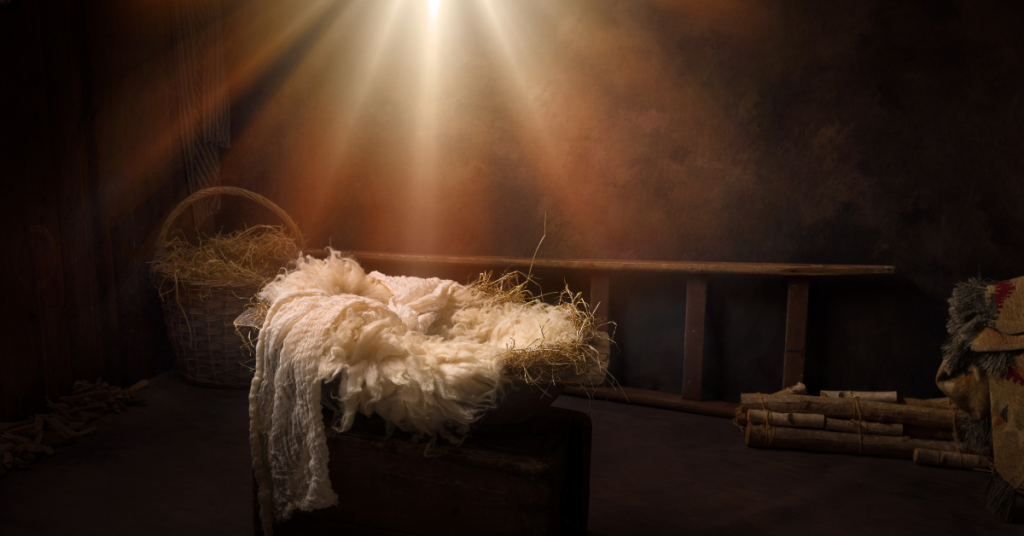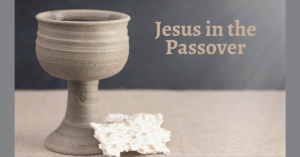This time of year, it is hard to escape the overflow of Christmas movies. For the most part, the plot lines are very predictable, especially those involving Santa. Some movies try to get the focus off of the selfish nature of presenting-getting and Christmas wish lists. It is admirable when the plot line pushes for characters to realize Christmas is more about giving or even about loving kindness and goodness to others.
For most Christmas movies at the climax, there is always this desire and need for a “Christmas miracle.” Whether it’s for Santa’s sleigh to get off the ground or the relationship to be restored or the Scrooge-type character to have a heart, there is this hope for some unexpected, unnatural event that resolves the conflict. While all movies have some element of that, it seems especially pronounced this time of year, and typically focuses on the idea of it being a miracle. Interestingly, whether secular or not, there is this feeling that Christmastime should bring some kind of special miracle.
Yet the miracle of Christmas is not whether the present situation of crisis is resolved. The miracle of Christmas is the birth of Jesus. While most people can happily accept the “miracle” found within the typical Hallmark Christmas movie, can they truly believe in a miracle in real life? Do miracles happen?
Miracle is defined as “a surprising and welcome event that is not explicable by natural or scientific laws and is therefore considered to be the work of a divine agency.” Many people take this definition to mean that if there is a natural event that is not yet understood through current scientific knowledge, then insert god and, poof, miracle occurred. This is what is referred to as the “god of the gaps” theory. Is there a gap in scientific knowledge to explain something? Insert god and now it’s explained. In ancient times, people did not understand weather conditions, so they invented gods to explain it. From this approach, all miracles are simply natural events that don’t yet have a valid scientific explanation.
However, that is a backwards approach. A miracle is an event that cannot be explained by natural or scientific laws. In other words, these are events that logically require a supernatural (vs. natural) explanation or events that clearly violate natural laws. For example, information written in a code necessitates an intelligent source. It cannot have a natural explanation, not because we don’t yet understand the natural explanation but precisely because we do understand that nature cannot do that. Furthermore, when something that has been dead for three days comes back to life, it violates scientific laws. Therefore, it requires a supernatural explanation.
Natural and scientific laws state that virgins cannot give birth. So if a virgin does, in fact, become pregnant, then some other explanation is needed. The actual Christmas miracle is that “surprising and welcome event that is not explicable by natural or scientific laws and is therefore considered to be the work of a divine agency.”
This miracle is compounded by it fulfilling prophecy made nearly 700 years earlier. Isaiah prophesies in chapter 7 verse 14, “Therefore, the Lord himself will give you a sign. Behold, the virgin shall conceive and bear a son, and shall call his name Immanuel.” So not only is the virgin birth itself a miracle, but the prophecy announcing the birth is a miracle. A fulfilled prophecy such as this, like a virgin giving birth as opposed to something generic like “the sun will rise soon,” cannot be explained by a natural cause. Just like the coded information, fulfilled prophecy points to an intelligent agent existing outside of time – something supernatural.
But this wasn’t the only miracle that announced this unusual birth. An angel of the Lord appeared in the sky to shepherds near Bethlehem and announced the birth of a very important baby. That is an event in and of itself sufficient to be a miracle as it violates all natural and scientific laws. But the angels also give such specific detail of the birth as well. “For unto you is born this day in the city of David a Savior, who is Christ the Lord. And this will be a sign unto you: you shall find the babe wrapped in swaddling cloths and lying in a manger.” The angel gives details of the location of the birth, the condition of the birth, and the significance of the birth. Then the angel is joined by a multitude of heavenly hosts singing and giving all glory to God. All of this requires a supernatural explanation.
All of these fit the definition of miracle. It is a miracle for the prophecy of a virgin giving birth to be fulfilled and announced by angels. But that still doesn’t capture the true miracle about Christmas. The real miracle is that the God who created all things would step out of His throne room to enter into His creation and become a part of it, all with the express purpose of redeeming it, simply because we cannot redeem ourselves. The real miracle is that this God who created all things loves us enough to endure the shame of the cross. As Paul says in Philippians 2:5-8, “Have this mind among yourselves, which is yours in Christ Jesus, who, though He was in the form of God, did not count equality with God a thing to be grasped, but emptied himself, by taking the form of a servant, being born in the likeness of men. And being found in human form, he humbled Himself by becoming obedient to the point of death, even death on a cross.”
Why would God do this? Because He looked onto His creation who was helpless to save themselves and He had compassion on us. One of the most beautiful verses in the Bible is Matthew 9:36. “When Jesus looked out at the crowds, He had compassion for them because they were harassed and helpless, like sheep without a shepherd.” While most people will focus on Luke 2 for the Christmas miracle, the best verse about the Christmas miracle is Matthew 1:21. “She will bear a son, and you shall call His name Jesus, for He will save His people from their sins.”
He will save His people from their sins. That is miraculous.
The real miracle is God’s love and compassion. It is beyond our capability to understand a God who loves us and has compassion on us the way the one true God does, so much so that the gods invented by man would never do such a thing. Those false gods are just as sinful and helpless as we are. But the true God has compassion on us to the point that He comes down to be a part of His own creation to save us. That is the Christmas miracle. That is what Christmas is all about.





3 thoughts on “What Is the Christmas Miracle?”
Praise be to God!
Amen! Each of us is the innkeeper deciding if we have room for Jesus.
Thank you! Your explanations are a blessing.
Merry Christmas
Comments are closed.